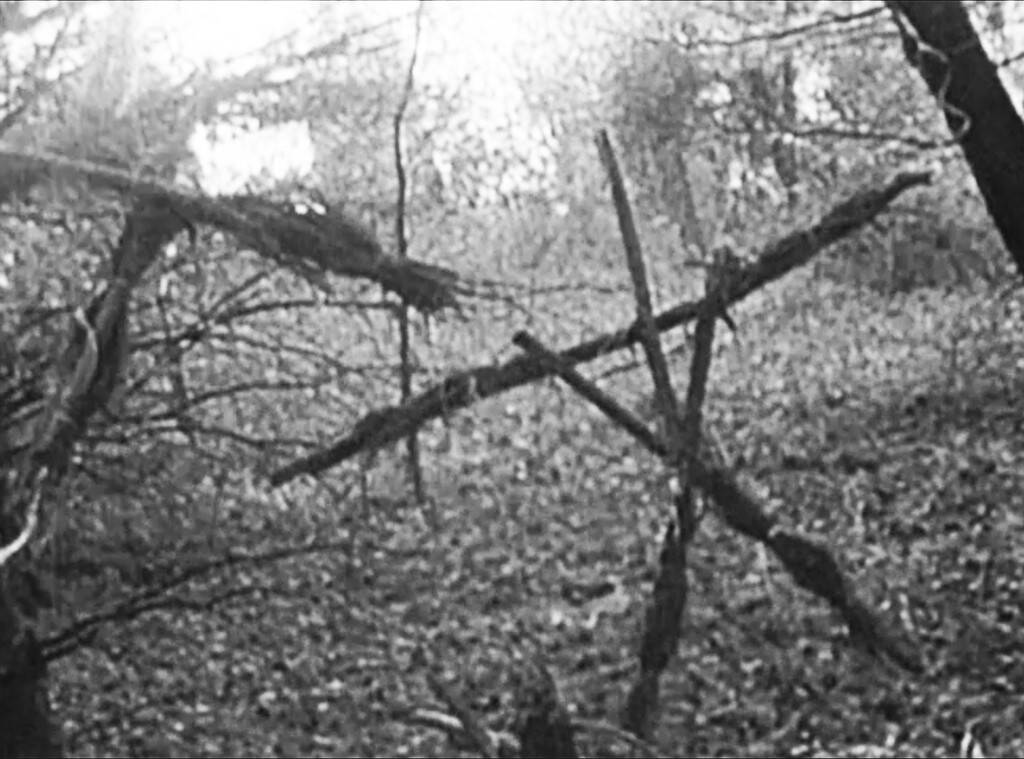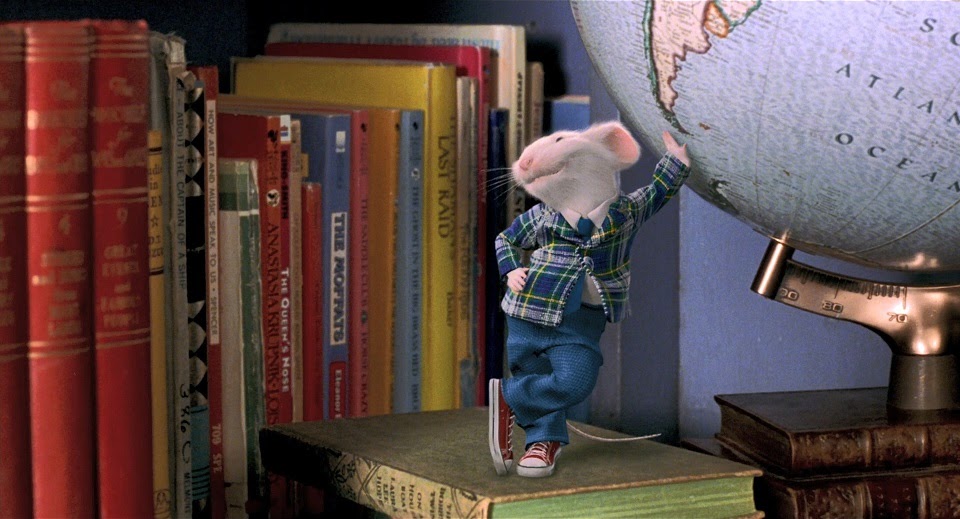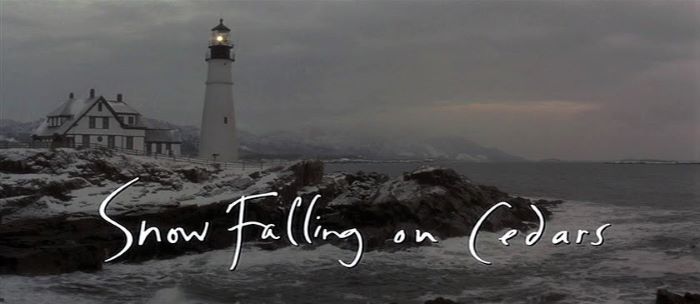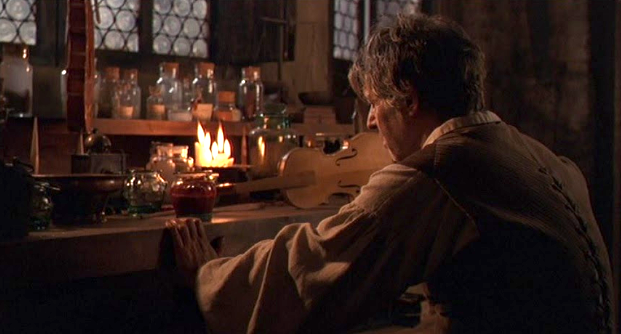1999 with Nick: Best Documentary Feature and "realness"
 Thursday, February 6, 2020 at 10:20PM
Thursday, February 6, 2020 at 10:20PM This week, in advance of the Oscars, Nick Davis is looking back at the Academy races of 20 years ago, spotlighting movies he’d never seen and what they teach us about those categories, then and now.
 The Blair Witch Project
The Blair Witch Project
When I taught my Winter 2017 seminar about the movies of 1999, to a classroom of first-year college students who were all born in the last two years of the millennium, one of the trickiest ideas to historicize was how decisively the visibility and cultural stature of documentary cinema has shifted over the last 20 years. Compared to the decades when I grew up, nonfiction cinema has reached much further outside a relatively niche audience who tracked that filmmaking tradition. The explanations are too numerous to get into here, though they include all of the following: cheaper and more numerous technologies for recording and assembling footage; proliferating platforms for distributing and watching nonfiction films, especially in the era of the internet and of exploding cable-TV offerings; and some epochal, admittedly eclectic success stories in the commercial market, from The Thin Blue Line to Hoop Dreams to Fahrenheit 9/11 to March of the Penguins, that inspired more students and artist to pursue documentary tracks and more institutions to finance, release, and program the work.
More abstractly, I would add to that list a specifically millennial, post-postmodernist erosion of all faith in objective “reality,” differently crystallized in such landmark films of 1999 as The Matrix, eXistenZ, Eyes Wide Shut, and Fight Club. That erosion produces both a resistant hunger for whatever “real” images and stories might yet survive and its dialectical opposite: a contagious discovery, dismaying but darkly energizing, that even vérité images are subjective, manipulated, and at some level “fake”...






